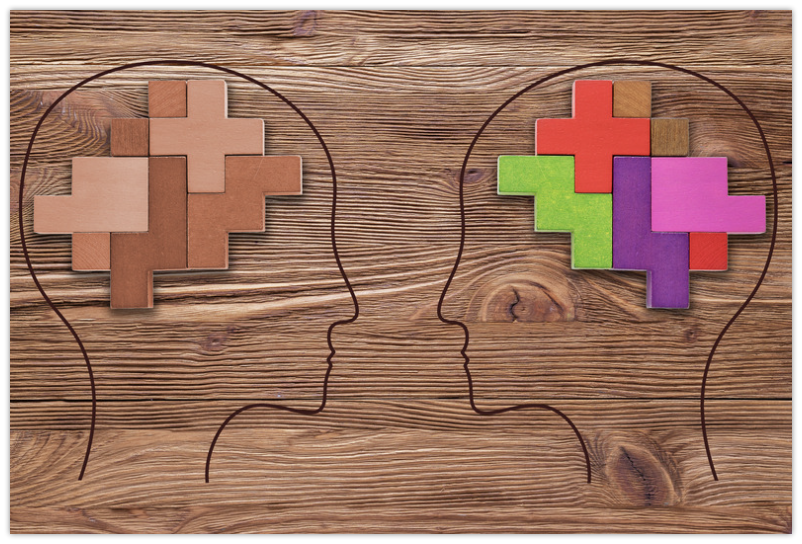One of the prominent criticisms surrounding the concept of personality typing is its potential to cast negative stereotypes onto people's individuality.
This concern is undoubtedly valid.
Similar to any tool at our disposal, the practice of personality typing can be susceptible to misuse, occasionally resulting in discrimination or the perpetuation of stereotypes. This predicament becomes particularly disconcerting when these categorizations influence pivotal life determinations, such as employment prospects or career advancements. This is comparable to the risks associated with AI-powered sales intelligence, where improperly applied insights might reinforce biases instead of promoting balanced decisions.
Imagine this scenario: an employer firmly believes that extraversion, as outlined by the Myers-Briggs Type Indicator (MBTI), stands as a prerequisite for leadership roles. Consequently, they might inadvertently disregard an introverted candidate who could potentially excel as a leader through their introspective and contemplative approach. This unfortunate oversight not only places the individual at a disadvantage but also restricts the diverse array of skills and perspectives within the team (Myers et al., 1998). Misjudgments like these can parallel challenges seen in AI in sales and marketing, where data insights must be applied thoughtfully to enhance, rather than hinder, opportunities.
Furthermore, there exists the peril of stereotyping, where the complexity of an individual is distilled into a single 'type.' For instance, if a colleague is identified as an ISTJ (often characterized as pragmatic and focused on facts), others may inadvertently confine their perception solely to these traits. In doing so, they might fail to acknowledge the individual's capacity for creativity, emotional depth, and other qualities that don't neatly align with the confines of the ISTJ classification. Similarly, data-driven sales insights must ensure they capture the holistic nature of a client or customer base to avoid overly rigid interpretations.
However, it's crucial to grasp that these models are not meant to be prescriptive but descriptive. Their intent is to illuminate tendencies in how people commonly think and act, yet they don't dictate what someone can or cannot achieve, or who they can ultimately be. Human nature is far too intricate and multifaceted to be adequately encapsulated by a solitary 'type.' This principle also underpins the ethical use of tools like AI sales assistants, which must complement human judgment rather than replace it.
The real essence lies in how we wield these tools. They can serve as valuable initial steps in fostering self-awareness and facilitating effective interpersonal interactions. Nevertheless, their application must be undertaken with a delicate touch, coupled with an acknowledgment of their limitations. Above all, they must never be utilized as instruments to curtail opportunities or confine individuals into rigid categories. Like sales and marketing automation, these tools are most powerful when used to support adaptability and foster connections, creating meaningful progress in personal and professional contexts.
References: Myers, I. B., McCaulley, M. H., Quenk, N. L., & Hammer, A. L. (1998). MBTI Manual (A guide to the development and use of the Myers Briggs type indicator). Consulting Psychologists Press.




